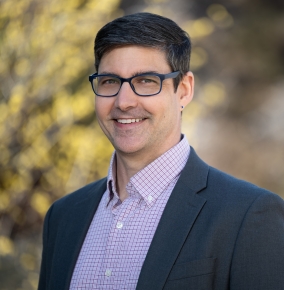Chad Council

What does your job entail and what are you currently working on?
I do a lot of critical thinking and systems analysis in the humanitarian space, working to fully understand a problem and either match existing solutions to the problem, or specify the requirements for a new and novel solution. At the moment, I’m supporting multiple efforts in this way, such as developing predictive analytics for wide-area search and rescue, researching the requirements for a dedicated space-based remote sensing system to support disaster response, and developing a notification system for humanitarian organizations that are operating in a conflict zone that informs parties involved in the conflict of their operating location.
What project would you say you enjoyed working on the most and why?
I was fortunate enough to lead a team that developed a prototype software application to help disaster responders validate data created by artificial intelligence and machine learning after a disaster. The software helped them to compare these data with 3D imagery of the disaster itself. We were doing something new and innovative at the time, but it was the experience of working with a fantastic team of creative and talented people who were dedicated to the mission that really stands out.
How did you get interested in your field of study?
In early 2001, my drive for public service led me to join a Federal Emergency Management Agency urban search and rescue team. I supported that team remotely on 9/11 when they were deployed to the World Trade Center collapse, which greatly reinforced my commitment to serve in the disaster relief domain. A few years later, after Hurricane Katrina, I experienced firsthand how technology can assist disaster responders so they can provide relief to survivors more effectively. That was the turning point for me and my career path started to shift.
What are some future plans for your work at the Laboratory?
There are many advances happening in remote sensing and AI/ML. I really want to dig into how those two advances can be combined to support disasters and disaster survivors in ways that haven’t even been considered yet.